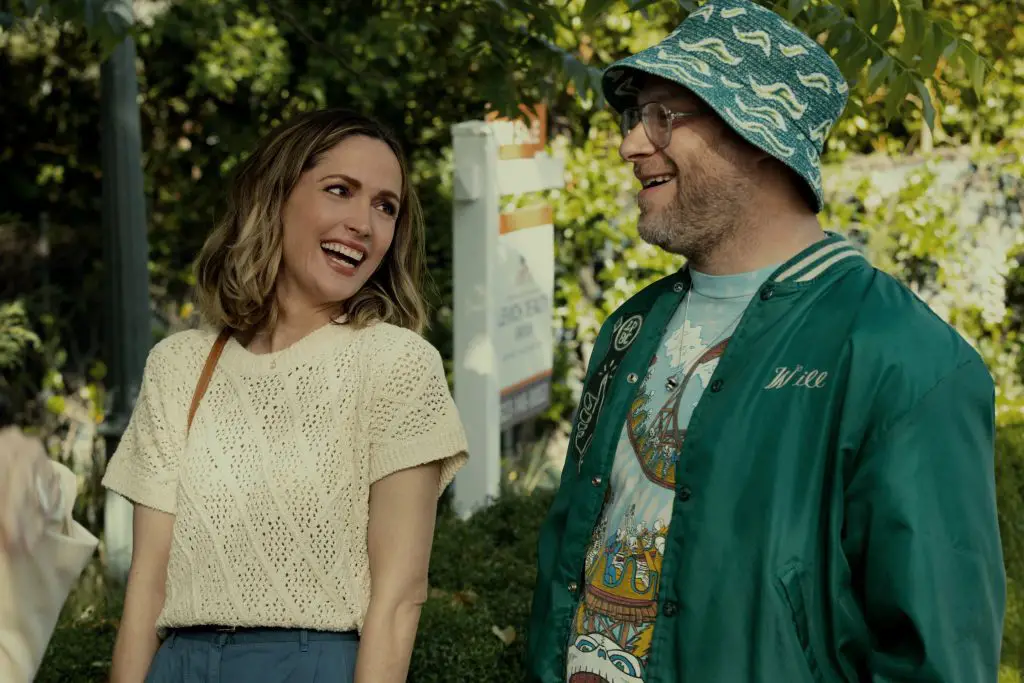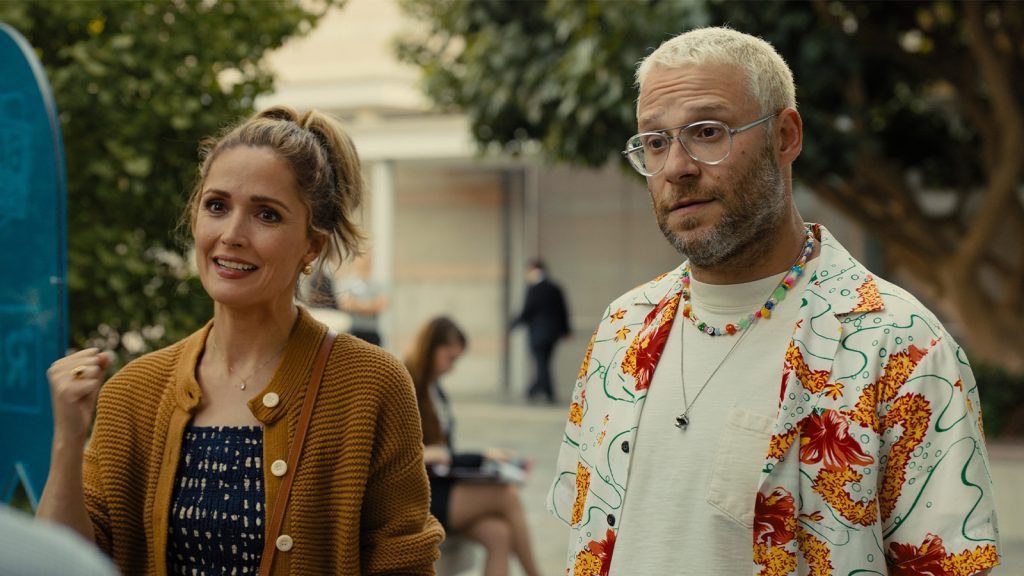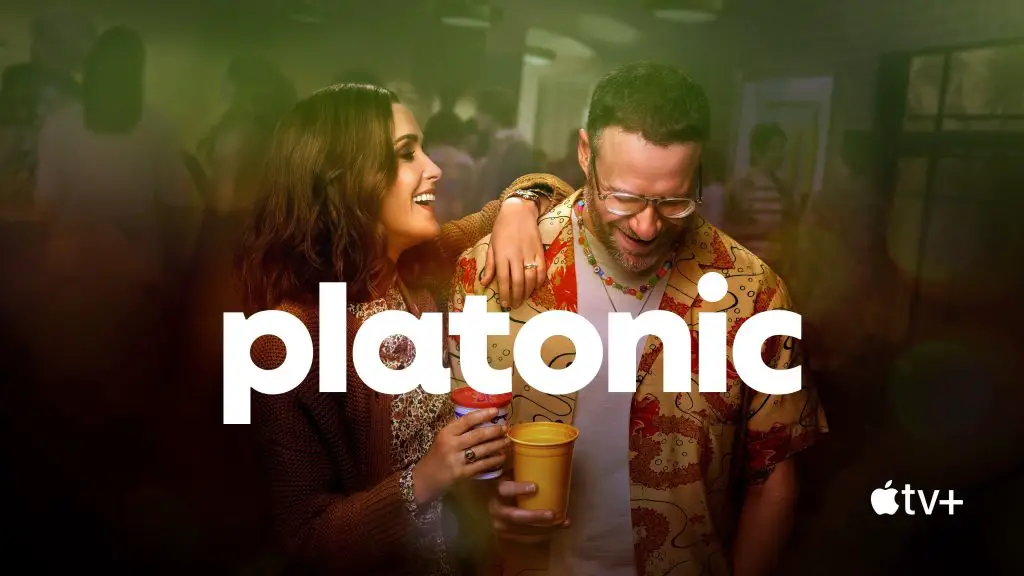Apple TV+’s series “Platonic” provides a vivid depiction of the intricacies of friendships — especially those that are fraught with complications. Spearheaded by Francesca Delbanco and Nicholas Stoller, this narrative orbits around Will, played by Seth Rogen, and Sylvia, brought to life by Rose Byrne. These once inseparable friends rekindle their bond almost a decade after a dramatic separation.
Will’s recent divorce has left him grappling for stability. He finds himself at the cusp of reinventing his personal life while ardently holding onto his brewmaster career. On the other side, Sylvia’s transition from a full-time mother to experiencing an existential void, with her youngest now in school, portrays her internal struggles. As they stumble upon each other once again, the duo finds solace in their shared sense of aimlessness, falling prey to youthful follies.
The dynamism between Rogen and Byrne, with their comedic brilliance, drives home the narrative of two people relentlessly pushing each other towards betterment, often evoking barrels of laughter. By the culmination of the show’s ten episodes, the characters’ drifting apart is evident. Yet, the separation feels different this time – it’s wrapped in layers of genuine affection, captured eloquently in the season’s finale.
One Year Ahead: A Journey from Chaos to Serenity

The gripping conclusion of “Platonic” whisks viewers a year forward. It’s astonishing to witness the significant growth trajectories of Will and Sylvia. While Will revels in his newly minted engagement, he’s also flourishing professionally in San Diego, overseeing the beer operations for a major restaurant conglomerate. Sylvia, contrastingly, is basking in her entrepreneurial success. She’s at the helm of her thriving event planning venture and has settled into a picturesque abode with her spouse, Charlie, played by Luke Macfarlane.
The show doesn’t shy away from juxtaposing their newfound success with their not-so-distant chaotic past. A heartfelt conversation between the two at Katie and Andy’s wedding – arguably “Platonic“‘s most enviable couple – underscores the show’s overarching theme. A particularly poignant moment arrives when Sylvia, reminiscing their past entanglements, articulates her deep appreciation for Will, cementing the show’s core message.
A Union Born from Shared Turmoil

The narrative underlines the essence of Will and Sylvia’s reunion – two souls teetering on the edge, seeking a companion in their downward spiral. Their dynamic, although entertaining, veers into the realm of chaos – whether it’s defacing artwork or indulging in spontaneous acts of rebellion. Their camaraderie, while captivating for viewers, presents a complex relationship riddled with tumultuous emotions.
The series posits a pivotal question: can relationships, which find their origin in shared miseries, withstand times of prosperity? Sylvia’s profound observation encapsulates this sentiment – finding comfort in Will’s chaos as it overshadows her own. The series doesn’t just celebrate friendships; it emphasizes transient relationships that help navigate particular life phases.
Friendship in its Next Phase

The concluding moments, laced with introspection and subtle humor, offer a tantalizing prospect – a potential future where Will and Sylvia uplift each other. If season one was an exploration of their shared descent into chaos, what would a renewed phase of their friendship entail? Will their bond endure, despite their transformed individual trajectories? This ending, while hinting at a potential Season 2, also wraps up the ongoing narrative seamlessly, leaving viewers with a shimmer of hope.


